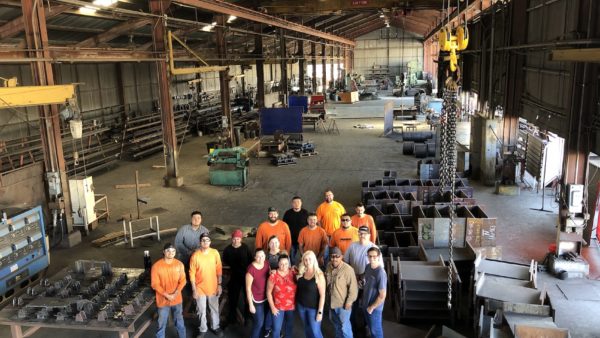Baidu, China’s main internet search company, is planning to begin mass producing autonomous cars that can navigate cities by the end of 2020.
The Apollo is presently being tested but Baidu expects to be running it on uncomplicated roads by December, and to have an artificial intelligence (AI) that can handle cities by December 2020.Â
The Apollo autonomous driving program is being developed in conjunction with more than 50 automotive and IT firms around the world. Traditional motor manufacturers include Daimler and Ford, together with Chinese firms Chery, Changan and Great Wall Motors, among others. The tech companies include Microsoft, Intel and Nvidia from the US. Other support is coming from the Beijing Institute of Technology and the Shanghai Jiao Tong University.
The car is to use open-source software, and Baidu has made its self-driving program available for free download. The incentive for Baidu is to have its software running on as many vehicles as possible, so as to increase the amount of data it can collect and analyse.
Qi Lu, Baidu’s chief operating officer, commented at a conference in July: “Apollo is in essence the ‘Android’ of the autonomous driving industry, but more open and more powerful. Apollo is not solely Baidu’s. It belongs to everyone in the ecosystem. And as we and our partners contribute to the platform in our areas of specialty, we all gain more, with the results far greater than just our own.”
AutonomouStuff, an American autonomous system components supplier also present at the conference, used Baidu’s program to convert to cars into autonomous vehicles in three days, then drove them around a short track near the conference venue.
Baidu’s move is part of a wider race to develop ever more sophisticated AI systems, which China has made a national priority: a state plan issued last month calls for it to become the global leader by 2030.
A feature published by Bloomberg on Monday commented that one of the advantages enjoyed by Chinese companies in this field is their access to greater amounts of data than is available to their competitors. Modern approaches to AI development use vast amounts of raw data to enable machine learning, and China has been more willing to make this available than countries with a more restrictive approach to privacy. If the Apollo project is successful, the data collected by the cars is likely to reinforce that success.Â
Other companies working on bringing a self-driving car to market include Waymo, the driverless car development company that was spun out of Alphabet, Google’s parent company, at the end of last year. Waymo is generally thought to be in the lead in developing a road-ready vehicle, and it has launched an “early rider programme” that makes autonomous cars available now to guinea pigs in Phoenix Arizona.
It was announced today that Fiat Chrysler is joining the BMW-Intel team that is working on its own autonomous-driving system. The Italian car-maker also has a partnership to provide vehicles and install technology developed by Waymo, which Fiat Chrysler said would continue.
Image: Early models of Apollo autonomous vehicle
Further Reading:










